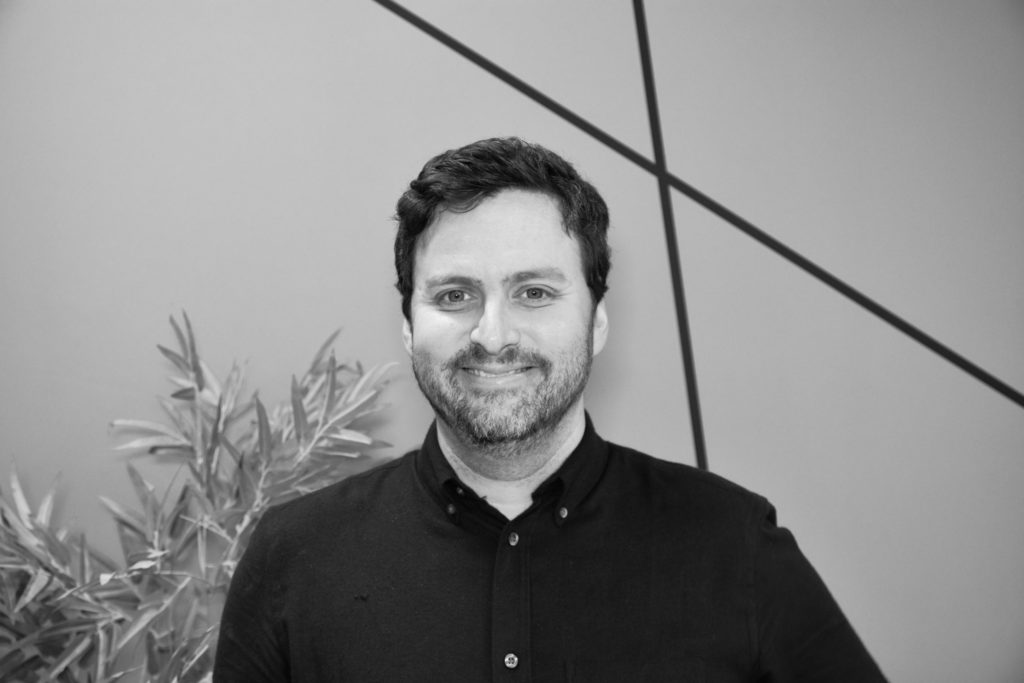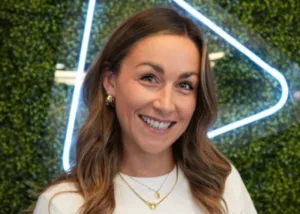By Simon Akers, founder, Archmon
The art of temperance, moderation and nuance seems to be lost. But sometimes the boredom is all that is needed. We all know that 2020 doesn’t like such things, and in an age of extremities and algo-fuelled outrage, a balanced argument or slightly less glamorous viewpoint can get lost in the ether.
Take Science – arguably humanity’s greatest ever creation. It is great and at times groundbreaking, but more often and not, it is also dull. It is a bedrock of our wellbeing and life as we know it. But not liking the answer or having it befit our agenda does not equate to it being incorrect.
For example, when it comes to our own ailments, we invariably trust the medical science and go to the doctor. But the moment one has to wear a mask that itches the stubble, or queue 2 metres apart from customer in front, one bemoans it like science is BS, or it’s a government conspiracy of control.
This comes down to a human truth. Let’s be honest – we LOVE to be entertained.
The internet and business stars of today have glorified the audacious which suits their narrative. Tony Robbins. Simon Sinek. Rhonda Byrne. Quick wins, shortcuts and life hacks. They garner the online engagements and are hypnotic and addictive, and yes I’d be lying if I said I haven’t listened to and taken on board and even tried to apply the odd idea.
Even pre-digital, the stories of the outliers are immortalised in books and documentaries, ever since the musings of Dale Carnegie and Napoleon Hill. The stories of the exceptions are distributed to the masses, adding to their universal appeal, but it should not be forgotten that they are just that, Outliers, the exception and not the rule.
Again, the reality is it’s often hard; consistent, repetitive actions that yield results. Over an intermediate to longer timeframe. Like going to the gym, eating healthy, or training to be an architect.
The same goes for the day job – media strategy and planning. Clients love to be beguiled by the new and shiny. For example only last week TikTok announced the new partnership with Shopify. This really is the digital crack of 2020 if ever there was. A marriage of the fastest-growing video creation platform with the pandemic-beating ecommerce hub for small brands to create their online stores.
What could be better? The answer is, we don’t know yet. I am a fan of both of these platforms in the right circumstance and use case, but the point is, how do we know yet? It will take time to get the use cases through of proven results. I look forward to them. Sadly, I fear that people with the wrong agenda will force through vapid content for content’s sake ASAP, and it will all be a little off brand, like I don’t know, somebody dancing to The Weeknd to celebrate their DTC Vitamin. Tongue-in-cheek there of course!
Actually take another recent example from the IAB Upfronts and Effworks; Share-of-Search. Coined by Les Binet as a planning proxy, it is the latest example in the industry that people are debating like hell! Some don’t see the point (correlation/causation hair splits) but ultimately looking at search is a clear indicator for what could be the future of a brand/category. You can argue it’s merits or shortcomings, but that misses the point. It in itself is not the panacea, and even the originators are not claiming it to be – it is one of many a medicine. Like any lever, it has pros and cons, so with experiences you learn how far to pull on it, if at all.
Alas, anything new seems to be debated with a resounding this is the future or a resounding No. What about a resounding it depends? Same for the channel killers.When people say print is dead. Or the year of the mobile. Can we kill that now?
People – calm the f*ck down. Try a little temperance. Moderation is key
In my own business as an example (which I pitch as different and exciting, and of course I’d say that) a range of far less exciting planning processes are used behind the scenes. We of course look at the existing client needs, wants and objectives as a starting point – but there are a number of factors which impact a proper plan – the addressable audience/market, How it is trending on search. The industry level insights. All kinds of things, and real restrictive things like budget and capability to deliver.
Often – this operational stuff is not interesting – but it’s really important, and almost always leading to better results, and incremental effectiveness..
Also – advertisers need to be guided sometimes and it’s our job in the consultancy and agency spaces to help guide them through the noisy ecosystem, one where many a tech firm can bedazzle with the latest and greatest. For example, there’s little value in me playing Yes Man to agree to plan a TikTok campaign because the CEO’s kids uses it – if the audience is not appropriate or on the platform.
There is a huge bias of people pledging their allegiance to the crown of their own employer. I don’t blame them given the current climate, but the best media and tech vendors are the ones who help integrate their proposition into a wider piece, pick their battles, and know what part they play, rather than dogmatically trying to take over the whole strategy because their tech is ‘the future’. Ego needs to be left at the door, along with the sales incentives.
Of course this is not a statement of not embracing the new, the innovative, albeit through quick reaction or trend setting. The opposite. This is more to not with reckless abandon, fix a seemingly dullard method that isn’t even broke. It just poses a problem sometimes when helping clients, and even pitching for new ones. The promise of the new and shiny seldoms outperforms the tried and tested.
Try it and test it. We may be proven wrong. Be intrigued without being hypnotised. A word of caution, if something seems incredibly beguiling, it is not necessarily true.
It’s ok to feel bored in the pursuit of meaningful, and less boring outcomes. I hope that was just about interesting.








